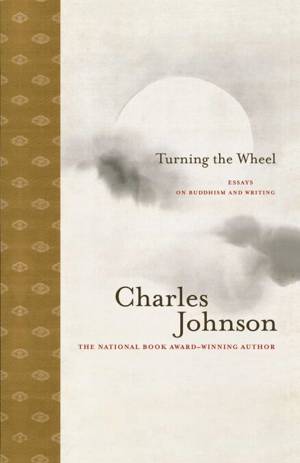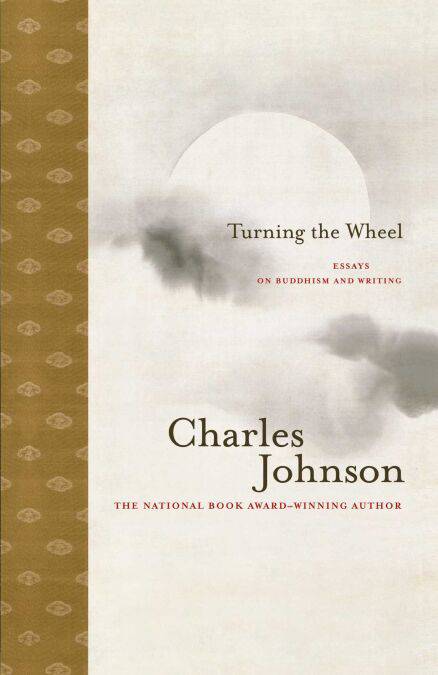
- Afhalen na 1 uur in een winkel met voorraad
- Gratis thuislevering in België vanaf € 30
- Ruim aanbod met 7 miljoen producten
- Afhalen na 1 uur in een winkel met voorraad
- Gratis thuislevering in België vanaf € 30
- Ruim aanbod met 7 miljoen producten
Zoeken
€ 13,41
+ 13 punten
Uitvoering
Omschrijving
"Were it not for the Buddhadharma, says Charles Johnson in his preface to Turning the Wheel, "I'm convinced that, as a black American and an artist, I would not have been able to successfully negotiate my last half century of life in this country. Or at least not with a high level of creative productivity." In this collection of provocative and intimate essays, Johnson writes of the profound connection between Buddhism and creativity, and of the role of Eastern philosophy in the quest for a free and thoughtful life.
In 1926, W. E. B. Du Bois asked African-Americans what they would most want were the color line miraculously forgotten. In Turning the Wheel, Johnson sets out to explore this question by examining his experiences both as a writer and as a practitioner of Buddhism.
He looks at basic Buddhist principles and practices, demonstrating how Buddhism is both the most revolutionary and most civilized of possible human choices. He discusses fundamental Buddhist practices such as the Eightfold Path, Taming the Mind, and Sangha and illuminates their place in the American Civil Rights movement.
Johnson moves from spiritual guides to spiritual nourishment: writing. In essays touching on the role of the black intellectual, Uncle Tom's Cabin, and Ralph Ellison, Johnson uses tools of Buddhist thinking to clarify difficult ideas. Powerful and revelatory, these essays confirm that writing and reading, along with Buddhism, are the basic components that make up a thoughtful life.
In 1926, W. E. B. Du Bois asked African-Americans what they would most want were the color line miraculously forgotten. In Turning the Wheel, Johnson sets out to explore this question by examining his experiences both as a writer and as a practitioner of Buddhism.
He looks at basic Buddhist principles and practices, demonstrating how Buddhism is both the most revolutionary and most civilized of possible human choices. He discusses fundamental Buddhist practices such as the Eightfold Path, Taming the Mind, and Sangha and illuminates their place in the American Civil Rights movement.
Johnson moves from spiritual guides to spiritual nourishment: writing. In essays touching on the role of the black intellectual, Uncle Tom's Cabin, and Ralph Ellison, Johnson uses tools of Buddhist thinking to clarify difficult ideas. Powerful and revelatory, these essays confirm that writing and reading, along with Buddhism, are the basic components that make up a thoughtful life.
Specificaties
Betrokkenen
- Auteur(s):
- Uitgeverij:
Inhoud
- Aantal bladzijden:
- 208
- Taal:
- Engels
Eigenschappen
- Productcode (EAN):
- 9781439125830
- Verschijningsdatum:
- 14/06/2010
- Uitvoering:
- E-book
- Beveiligd met:
- Adobe DRM
- Formaat:
- ePub

Alleen bij Standaard Boekhandel
+ 13 punten op je klantenkaart van Standaard Boekhandel
Beoordelingen
We publiceren alleen reviews die voldoen aan de voorwaarden voor reviews. Bekijk onze voorwaarden voor reviews.











